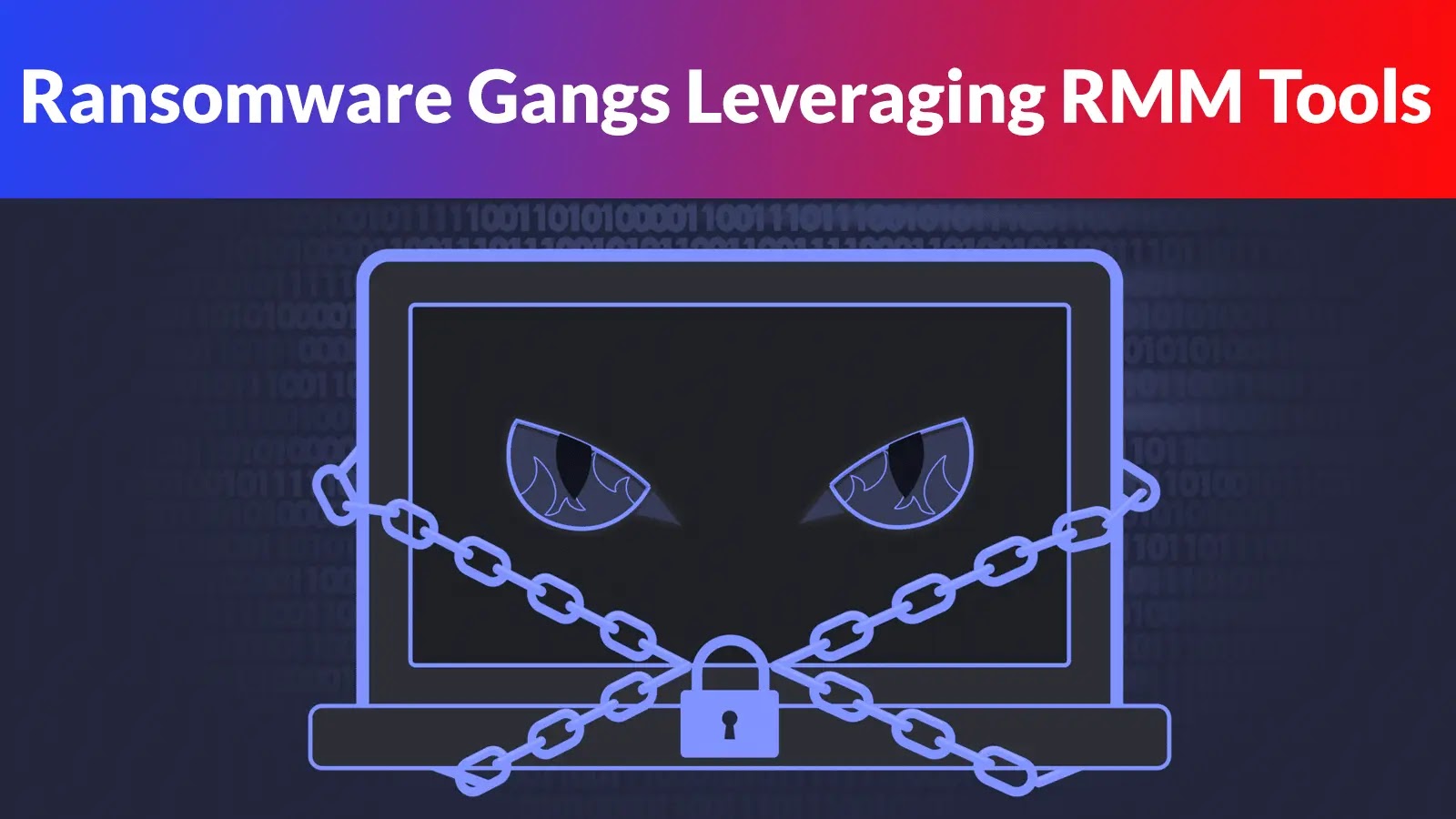A critical security vulnerability, designated as CVE-2025-49596, has been identified in Anthropic’s Model Context Protocol (MCP) Inspector tool. This flaw carries a CVSS score of 9.4, indicating its severe impact on AI developers and organizations utilizing the MCP ecosystem. The vulnerability allows attackers to execute arbitrary code on developers’ machines through browser-based attacks, posing significant risks to data integrity and system security.
Understanding the MCP Inspector and Its Role
The MCP Inspector is a debugging tool developed by Anthropic to assist developers in testing and debugging AI agent interactions within the MCP framework. The MCP itself is an open standard designed to facilitate seamless communication between AI agents and external tools or data sources. By providing real-time visibility into message flows and agent behaviors, the MCP Inspector plays a crucial role in the development and maintenance of AI systems.
Details of the Vulnerability
The vulnerability affects all versions of the MCP Inspector prior to 0.14.1. It arises from the tool’s default configuration, which binds the Inspector to all network interfaces without implementing adequate security measures such as authentication or encryption. This misconfiguration exposes the system to a range of attacks, including Cross-Site Request Forgery (CSRF) and Remote Code Execution (RCE).
Security researchers from Oligo Security discovered that attackers could exploit this flaw by crafting malicious websites that, when visited by a developer running a vulnerable version of the MCP Inspector, could execute arbitrary commands on the developer’s machine. This is achieved by combining the CSRF vulnerability with a longstanding browser flaw known as 0.0.0.0-day, which allows web pages to send requests to the 0.0.0.0 address, effectively targeting localhost services.
Potential Impact on Developers and Organizations
The exploitation of this vulnerability could have severe consequences for developers and organizations relying on the MCP ecosystem. Attackers gaining control over a developer’s machine can steal sensitive data, install backdoors, and move laterally across networks. This poses significant risks to AI teams, open-source projects, and enterprise adopters utilizing MCP for their AI and cloud environments.
Notably, major technology companies such as Microsoft and Google, which have integrated MCP-related technologies into their AI and cloud services, could be affected if they are running vulnerable versions of the MCP Inspector tool.
Mitigation Measures and Recommendations
In response to the discovery of this critical vulnerability, Anthropic has released MCP Inspector version 0.14.1, which addresses the security flaw by implementing necessary security features, including session tokens for the proxy server and origin validation to close the attack vector effectively.
Developers and organizations using the MCP Inspector are strongly advised to upgrade to version 0.14.1 or later immediately. The upgrade can be performed using the following command:
“`
npm install -g @modelcontextprotocol/inspector@^0.14.1
“`
This update introduces essential security features, including session tokens for the proxy server and origin validation, effectively mitigating the identified vulnerability.
Broader Implications and the Need for Vigilance
The discovery of CVE-2025-49596 underscores the importance of robust security practices in the development and deployment of AI tools and protocols. As AI systems become increasingly integrated into various applications, ensuring the security of the underlying tools and protocols is paramount.
Developers are encouraged to regularly review and update their tools, adhere to best security practices, and stay informed about potential vulnerabilities within the AI development ecosystem. By doing so, they can protect their systems and data from emerging threats and contribute to the overall security of the AI community.
Conclusion
The critical vulnerability in Anthropic’s MCP Inspector serves as a stark reminder of the potential risks associated with default configurations lacking adequate security measures. By promptly addressing this issue and implementing the recommended updates, developers and organizations can safeguard their systems against potential exploits and maintain the integrity of their AI development environments.



